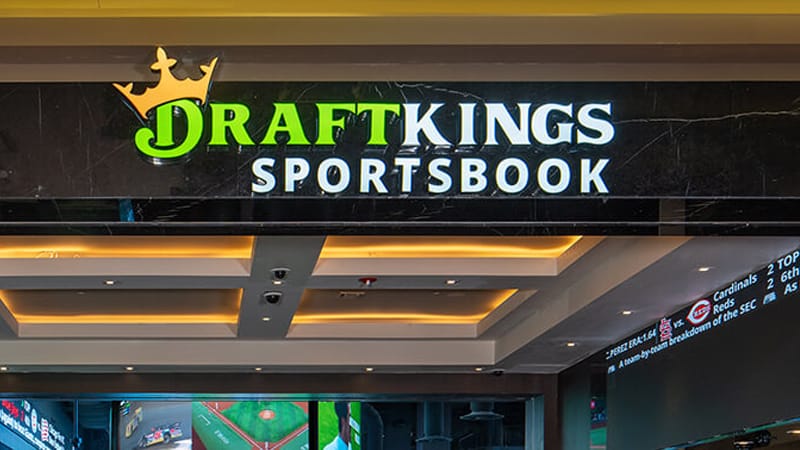DraftKings Facing Lawsuit in Massachusetts Over Alleged Deceptive Bonus Offer
DraftKings, a leading sports betting platform based in Boston, is currently facing a proposed class action lawsuit in Massachusetts.
The lawsuit has been filed by the state’s Public Health Advocacy Institute (PHAI) on behalf of two players at the Boston-based gambling operator.
It alleges that DraftKings engaged in deceptive and unfair marketing practices related to a sign-up promotion for its Massachusetts sports betting offering.
The lawsuit focuses on a promotion offered by DraftKings, which promised a “$1,000 Bonus” to new customers upon registering their online wagering accounts. However, the plaintiffs, Shane Harris and Melissa Scanlon, claim that the terms of the bonus were not adequately disclosed.
According to the lawsuit, customers were required to deposit $5,000 and wager $25,000 within 90 days on bets with odds of -300 or longer to qualify for the $1,000 sign up bonus. The bonus, if earned, would be given in the form of nonwithdrawable credits for use on DraftKings. The plaintiffs argue that they, and many others, were misled by the offer and would not have signed up had they understood the requirements.
This new lawsuit alleges that thousands of customers at DraftKings, the most popular sportsbook in the state, were misled by the terms of a signup promotion.
“Shane and Melissa are typical of many thousands of people in Massachusetts who were misled by the bonus offer and would not have signed up had they understood DraftKings’ unfair and deceptive requirements,” PHAI executive director Mark Gottlieb said.
Concerns Over Problem Gambling
The PHAI has been widely known for its successful litigations against Big Tobacco. It is now testing the waters of online gambling with this lawsuit.
It says DraftKings knowingly and unfairly designed its promotion to maximize customer sign ups and betting activity, despite the inherent risks the format posed in encouraging potential problem gambling patterns.
“Massive advertising using unfair and deceptive promotions to hook customers on an addictive product bears an uncanny similarity to what the cigarette companies used to get away with,” said PHAI president Richard Daynard.
In response to the lawsuit, DraftKings has defended its practices, stating that it takes consumer protection and responsible gaming seriously.
“DraftKings respectfully disagrees with the claims and allegations made by the Public Health Advocacy Institute,” a statement from the operator said.
“Regrettably, the Institute ignored our multiple attempts to engage in an in-person dialogue to carefully examine their concerns, and instead filed suit. DraftKings intends to vigorously defend this lawsuit.”
Related: Our guide to responsible gambling tools and strategies
Massachusetts Already Highly Regulated
The case has not yet been tested in court and has yet to be certified as a class action. However, it highlights ongoing concerns about the marketing practices of the sports betting industry and its potential impact on public health, especially in relation to gambling addiction.
Online and retail sportsbooks in Massachusetts only launched earlier in 2023. Since then, gaming regulator the Massachusetts Gaming Commission has been one of the more hands-on regulators in the U.S. sports betting scene.
Despite the national market leader being a home state hero, the MGC took DraftKings to task for accepting wagers on unauthorized tennis betting markets, and also chastised Penn Entertainment’s former Boston-based sportsbook, Barstool Sports, over one of its parlay promotions.
It also introduced several controversial rules in its first year of looking over the market.
First, it forced operators to put 21+ signage on all their Massachusetts sports stadium adverts. Operators claimed applying the rule would be expensive and confusing, citing their non-gambling ventures, such as DraftKings’ nonbetting sports bars or posters advertising the merchandise sales arm of Fanatics Sportsbook.
Then the MGC also introduced controversial data privacy regulations that proved wildly unpopular with operators.
Despite all that, the Massachusetts sports betting market is continuing to grow at a strong pace. In October, the state’s bettors placed the second-highest number of bets since the market opened, a total of $571 million.












